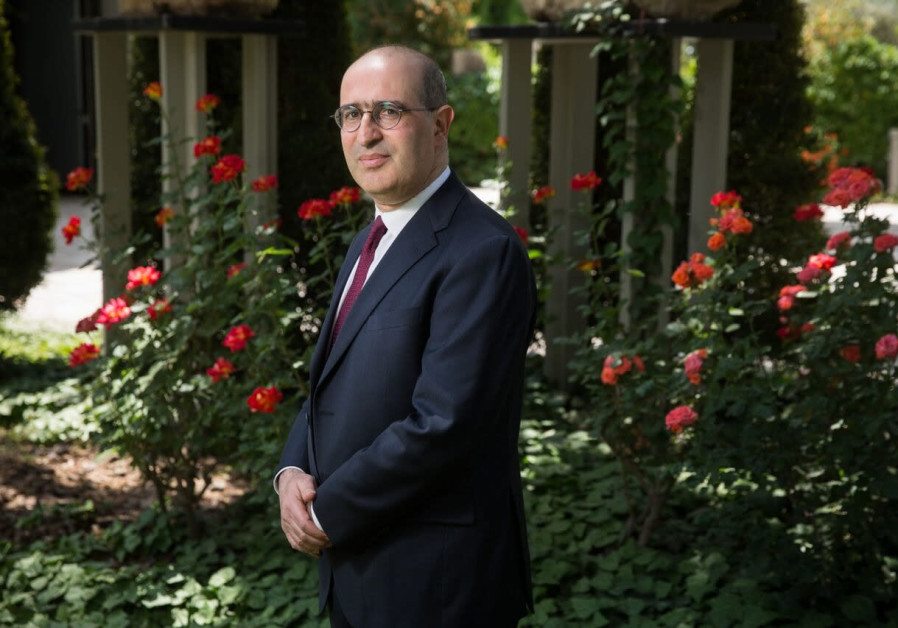Resolution calls for comprehensive database for Jewish-owned artworks seized by the Nazis.

The European Parliament adopted a resolution on Thursday calling on the European Union and its member states to establish practices to identify and recover works of art and cultural goods such as books, manuscripts, and ritual items looted during the World War II and the Holocaust.
The resolution notes previous estimates that there were 650,000 pieces of art looted during the war, with approximately 110,000 works still missing.
The World Jewish Restitution Organization which helps recover Jews recover property lost and stolen during the Holocaust, welcomed the passage of the resolution, saying it was an important message of support for Holocaust survivors.
“Ahead of International Holocaust Remembrance Day, this is a powerful declaration of support by the European Parliament for Holocaust survivors and their families in their decades-long quest for justice from the largest cultural theft in history,” said Gideon Taylor, WJRO Chair of Operations.
“WJRO has long called for heightened provenance research and removal of the many obstacles that survivors and their families face in recovering what was so wrongfully taken from them.”
The resolution was passed with 544 votes to 62 and 20 abstentions, and endorses the report on cross-border restitution claims of works of art and cultural goods looted in armed conflicts and wars produced by MEP Pavel Svoboda, Chair of the EU Parliament Committee on Legal Affairs (EPP, Czechia).
The European Parliament’s resolution describes cultural heritage as “one of the basic elements of civilization” and emphasizes that restitution of looted cultural property is a “major shared concern that needs to be addressed.”
The return of art looted during war has created legal challenges for recovery as the process often involves complicated and unclear international and national European authorized requirements.
In particular, the European Parliament recognized the problems caused by statutes of limitations and called on the European Commission to “strike the right balance.”
The resolution specifically cited the US Holocaust Expropriated Art Recovery Act, passed in 2016 and supported by WJRO, which sets the statute of limitations based on the time the claimant discovered the artwork and his or her connection to it.
In the resolution, the European Parliament stressed the importance of provenance research for looted art, describing it as an “urgent need,” and called on the European Commission, the executive branch of the European Union to “protect, support, and encourage cross-border restitution claims” through several means.
Amongst these proposals were recommendations to create a comprehensive list of all cultural objects, including Jewish-owned cultural property, plundered by the Nazis and their allies “from the time of their spoliation to the present day”
In addition, the resolution recommended clarifying the provenance of art pieces when they are purchased or transferred and identifying legal measures to help overcome problems encountered by individuals seeking the restitution of works of art found on the art market.
As reported by The Jerusalem Post
